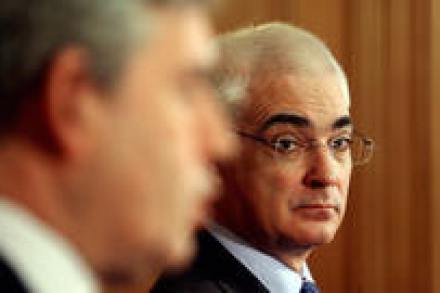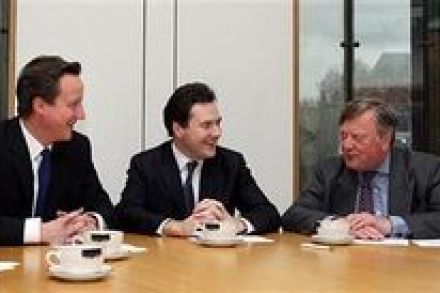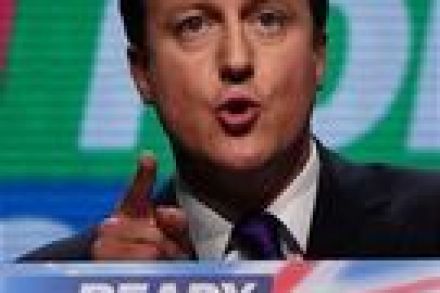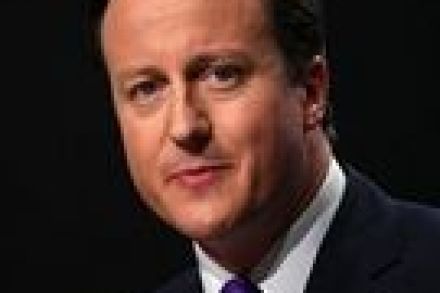Darling contra Brown, Part 573
Ok, so tomorrow’s Pre-Budget Report is shaping up to be a horrendously political affair. But, rest assured, it could have been so much worse. In what is, by now, a familiar Budget-time story, Alistair Darling is fighting the good fight against some of Brown’s most inharmonious fiscal brainwaves. According to Rachel Sylvester’s column today, here are just some of the measures that the Chancellor has resisted: — A long-term windfall tax on bankers’ bonuses (Darling favours a temporary, one-year tax). — A call to lower the 50p tax threshold from £150,000 to £100,000. — A reversal of the plan to make it easier for couples to pool their inheritance tax
































